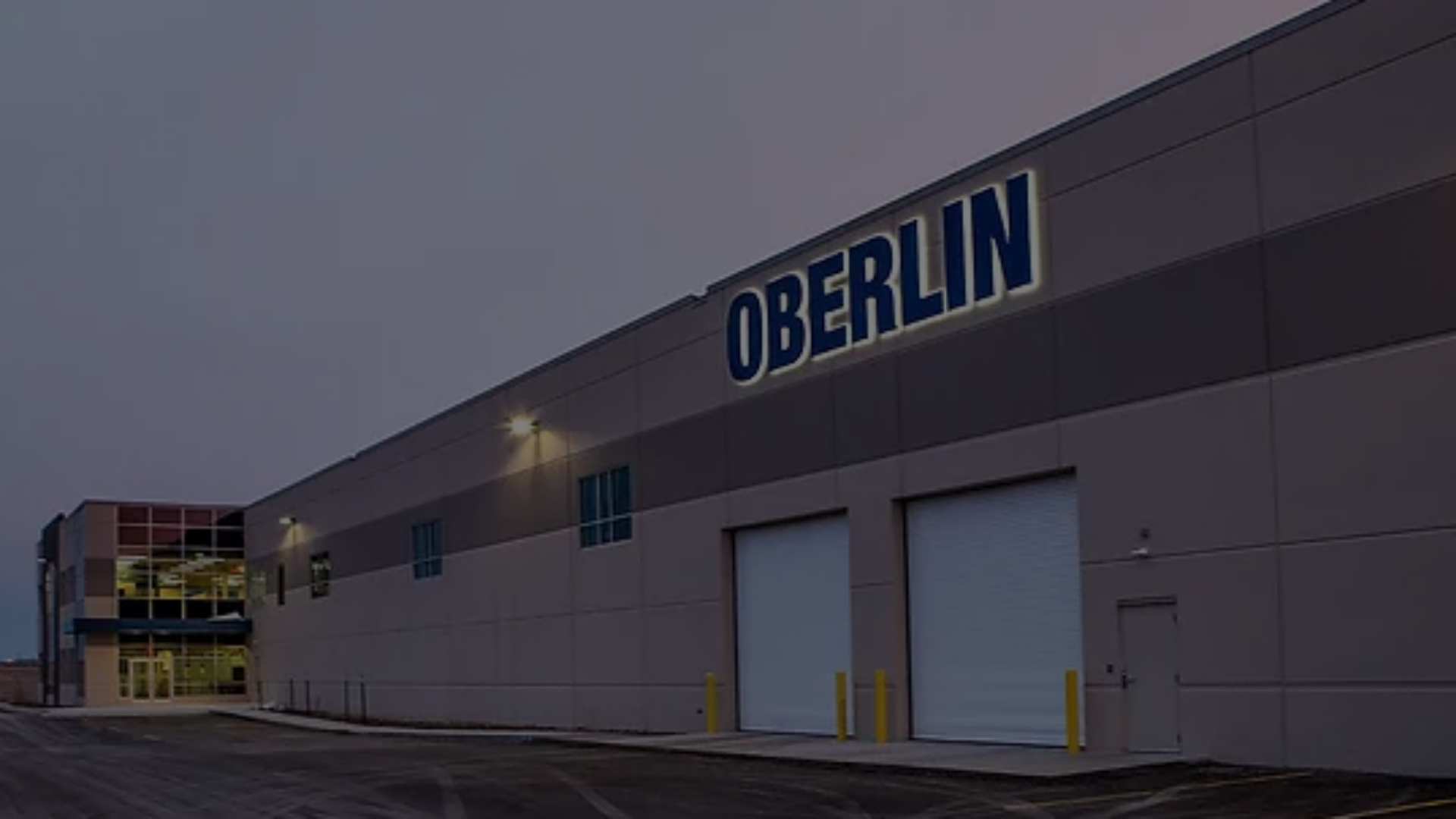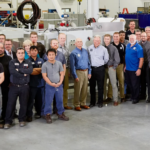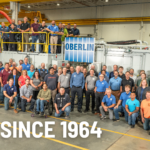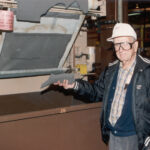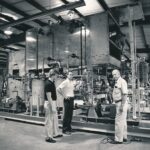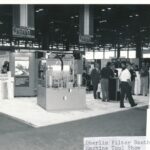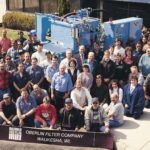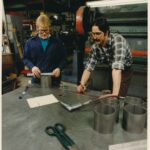
MEET PHIL,
YOUR GUIDE TO CLEAN LIQUIDS
AND DRY SOLIDS
Join over 380+ Brands that have used our filtration systems to removeup to 99.99% of total suspended solids from liquids as small as 1 micron from metal fines to food crumbs and more.
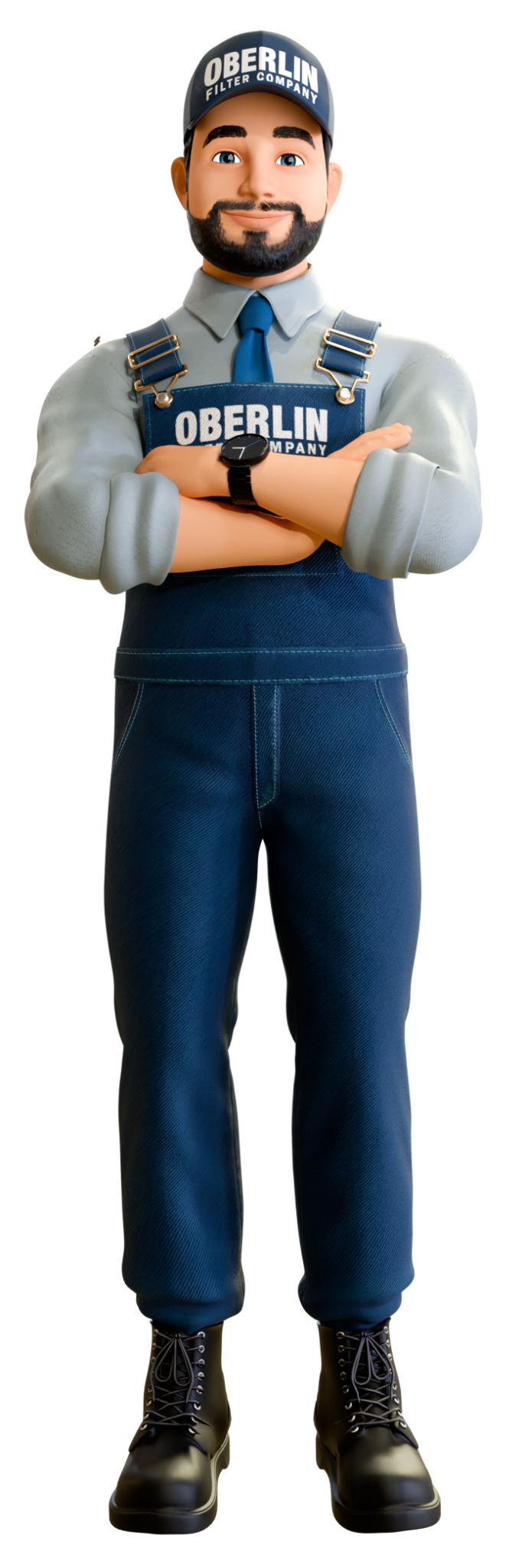
"We Build Filtration Systems that Really Work"
Yep, that’s exactly what our founder Wayne Oberlin said when he founded the company back in 1964, and from there we haven’t looked back.
We engineer filtration systems that are reliable, efficient, and easy to use. We know that our customers around the world depend on us to keep their operations running smoothly, and we take that commitment seriously.
If you’re looking for a filtration system that really works, look no further than an Oberlin Filter. Partner with us to find the ideal filtration solution for your business.
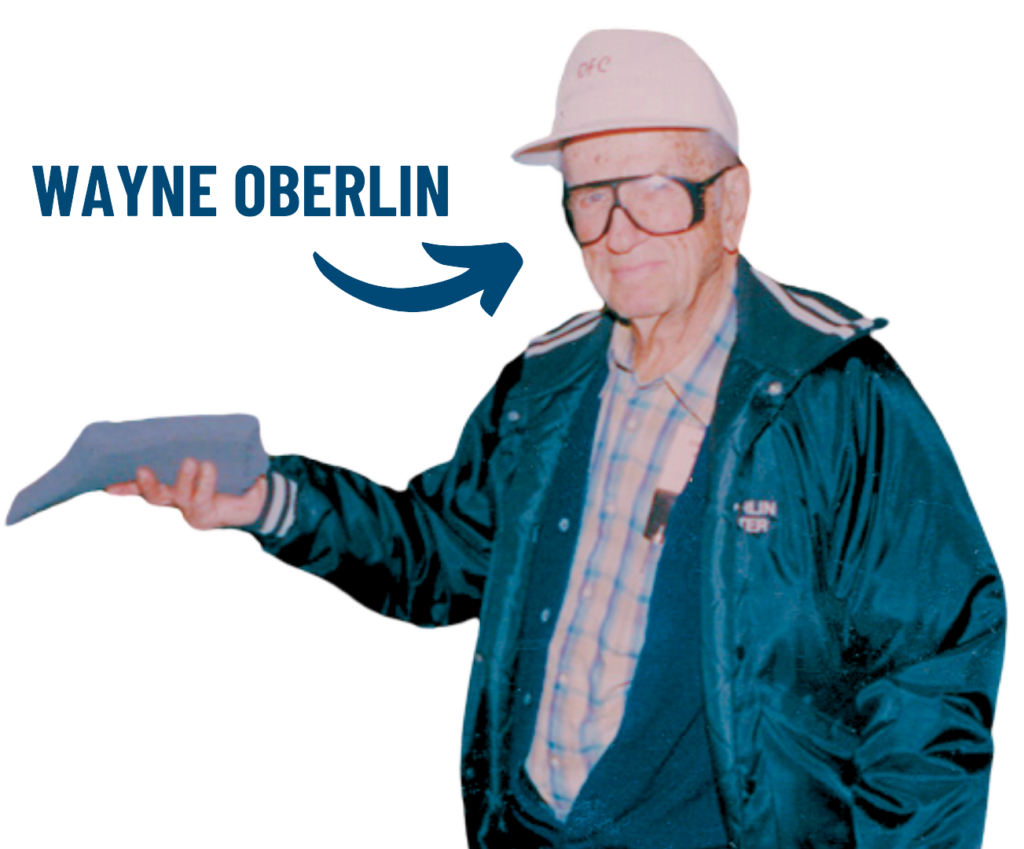
SEE WHAT OUR CUSTOMERS ARE SAYING
INVEST IN QUALITY, REAP THE REWARDS
WHAT DOES AN OBERLIN FILTER DO?
An Oberlin Filter automatically removes up to 99.99% of total suspended solids from liquids, improves product quality, extends equipment life, and reduces operating costs.
Achieve consistent purity and clarity in your products.
Reduce downtime and optimize production processes.
Recover valuable materials and reduce disposal costs.
Comply with stringent discharge standards.
Extend equipment life and reduce maintenance needs.
THE OBERLIN DIFFERENCE
Filtration Experts. Lessons learned in one filtration application can be applied to other applications.
Solutions, Beyond Equipment. Oberlin’s filtration specialists provide comprehensive solutions, not just equipment, from lab support to field support, engineering, and service support throughout the filter’s life.
Clean Liquids. Dry Solids. Automatic filters that perform at higher pressure delivering cleaner liquids and drier solids. Oberlin’s filtration solutions increase production and save money.
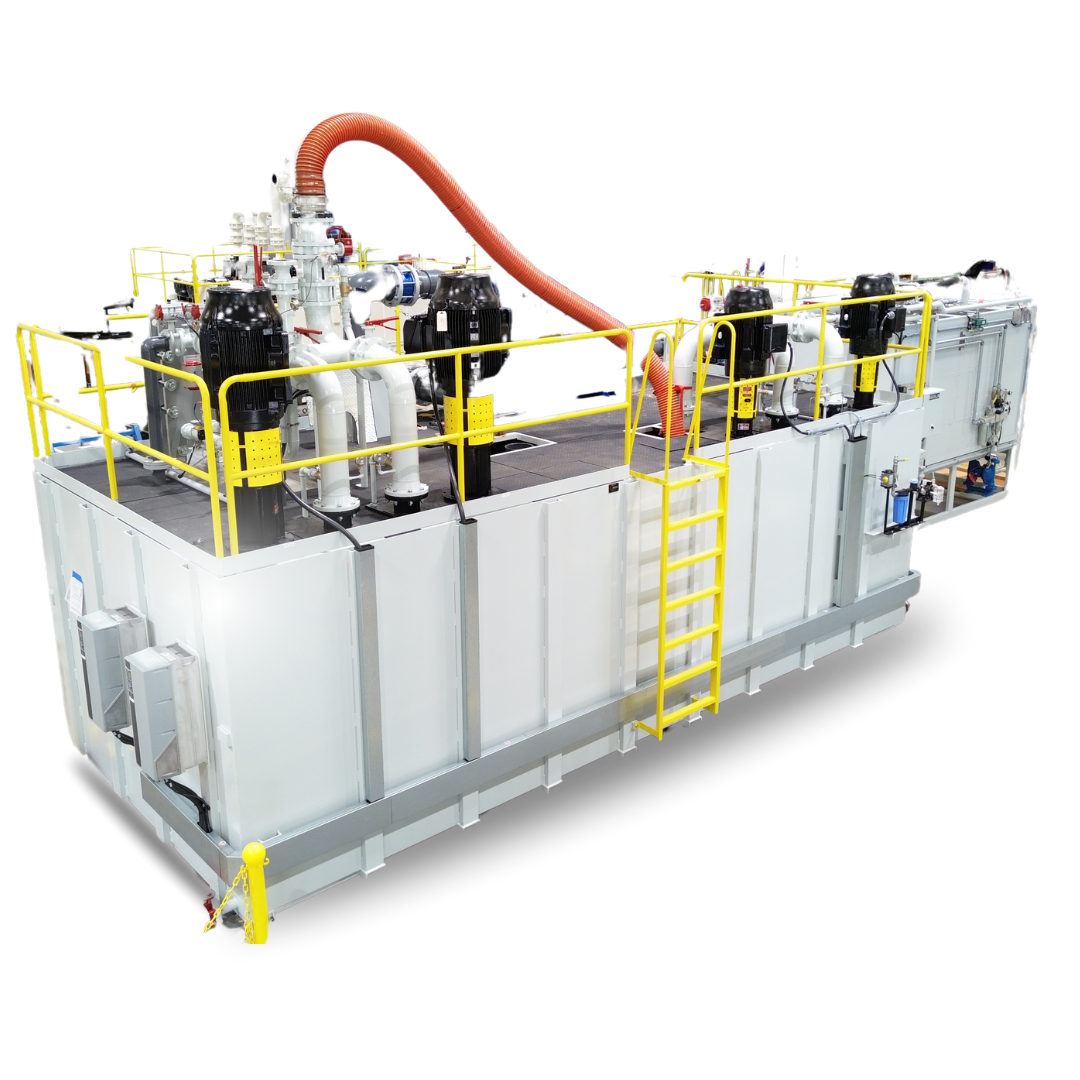
Oberlin Filter is a filtration solution provider serving different industries worldwide. We build filters to meet the requirements of various applications. Our industry-leading technology can be applied to any system requiring the removal of solids from liquids.
ONE FILTER
MANY APPLICATIONS
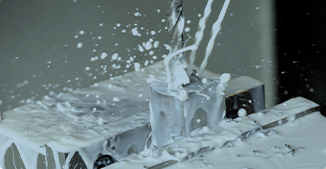
(Industrial)
Coolants
Oberlin has provided coolant filtration for over 50 years for oil, water-soluble emulsions, and pure synthetics.
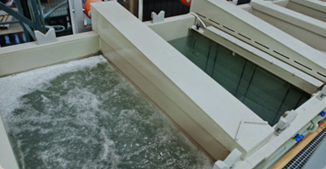
(Industrial)
Metal Finishing
Oberlin’s filters allow you to recycle your phosphate bath and eliminate waste disposal costs.
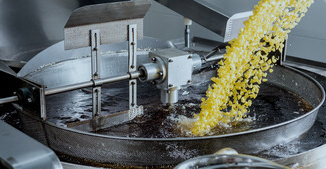
HOT OIL Processing
The Oberlin Hot Oil Filter is the top-performing filter for the world’s largest frying and roasting food manufacturers.
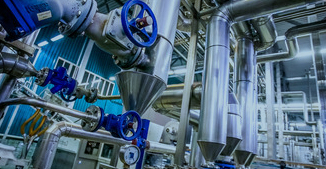
Sulfur Recovery
Oberlin’s filter allows you to reclaim your elemental sulfur, maintaining your chemistry. Select the number of washes to fit your process.
Generations of Filtration Experience
The Oberlin Family has been dedicated to building world-class automatic pressure filters for three generations. The attention to precision engineering and application knowledge have enabled Oberlin Filter to grow into an international company that still calls Wisconsin home.
JOIN OUR NEWSLETTER
Your source for expert filtration knowledge, tips, and solutions to keep your operations running smoothly.

